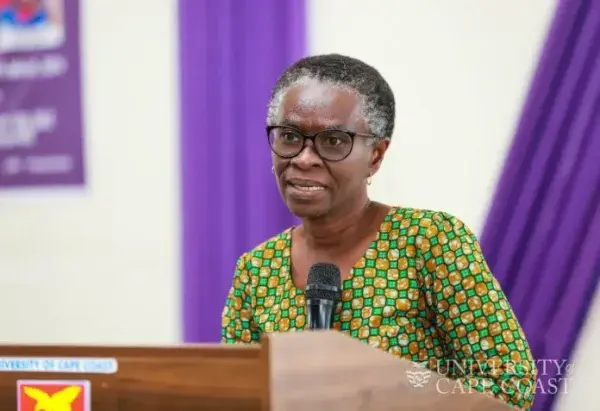By Vincent Baills
Copyright euroweeklynews

We live in an increasingly interconnected world, and speaking several languages can open many doors, from career opportunities to cultural awareness. Growing up multilingual offers an invaluable foundation for children; broadening their horizons and preparing them for the challenges of tomorrow.
The role of cultural immersion
For families who relocate abroad, this cultural immersion is essential. By engaging with the local language, children can integrate into their new community and form valuable connections and friendships. This can overcome the sense of isolation often associated with moving to a new country.
Whether taking part in local events (such as fiestas in Spain) or understanding how important family life is, cultural diversity goes hand in hand with learning a new language.
Unlocking the doors to a global future
For international families, raising multilingual children is particularly significant, as it lays the foundations for a successful future. Speaking several languages opens up the doors to career opportunities in many sectors including hospitality, business, education and technology.
Multilingualism also prepares children for a globalised future. As international collaboration increasingly becomes the norm, being able to speak multiple languages is a powerful advantage.
Employers often look for multilingual people for their ability to communicate across cultures, negotiate effectively, and adapt to working with international teams.
Additionally, multilingual children are more likely to develop a global mindset. This is a critical attribute when addressing challenges such as climate change, social inequality, and technological innovation. By understanding different perspectives, our children can become change-makers who will make great contributions to society in the future.
Cognitive benefits of multilingualism
A well-documented advantage of growing up multilingual is its profound impact on brain development. Research shows that children exposed to multiple languages from an early age can develop better problem-solving skills, enhanced memory, and greater multitasking abilities . This stems from the mental exercise of switching between languages, which strengthens the brain’s control system for attention and decision-making.
Multilingual children may also be more creative, as the process of learning different languages involves exploring various modes of expression and interpretation. This ability to think flexibly can transform into academic achievement, with studies showing that multilingual students often outperform their monolingual peers in subjects such as mathematics and literacy .
Building confidence through communication
Language is the cornerstone of human interaction and being able to communicate in several gives children a distinct advantage when building relationships. Whether in the school playground or a social setting, multilingualism builds self-confidence, allowing children to communicate in different situations.
This confidence goes beyond just speaking – it nurtures resilience. When children learn to adapt to different linguistic situations, they develop an open mind which is beneficial in both their personal and professional future lives.
Why an international school is the ideal multilingual learning environment
Schools such as the International School Estepona offer a structured and supportive environment for cultivating multilingualism. They allow British children to maintain their native language while learning Spanish and other key curriculum subjects. Students also have the opportunity to make international friends, as many Spanish and other nationalities attend.
In addition to the standard curriculum, the International School Estepona offers holiday clubs and a summer school, where students can interact with other nationalities. This means not only instructional but also experiential learning. From classroom activities to cultural events, children engage with languages in real-world contexts to enhance their fluency and comprehension.
The school employs a team of highly experienced educators who specialise in working in an international setting, using strategies tailored to children from 2-12 years.
Support for relocating families
For families moving to the Costa del Sol, the International School Estepona provides immense support in helping children transition linguistically and socially. It creates a nurturing environment where children feel secure and able to embrace their new surroundings, ensuring that moving to a new country becomes a positive experience.
Balancing home and school language learning
The synergy between home and school can maximise the benefits of growing up multilingual. While schools lay the groundwork for structured language learning, the home
provides a place for reinforcement and practice. Parents can engage in activities with their children such as reading multilingual books, watching foreign-language films and joining in with local activities, which all help reinforce language skills.
Growing up multilingual is a gift that can shape children into confident and forward-thinking adults. From cognitive advantages and cultural immersion to global awareness and career advantages, the benefits of multilingualism are immeasurable.
Sending your child to the International School Estepona provides an exceptional platform for nurturing multilingual skills combined with an engaging community to support students on their life journey.
For parents, the commitment to speaking at home and engaging with the school’s language initiatives creates a harmonious balance that can promote their child’s academic growth. Together, school and home pave the way for a future where multilingual children are equipped not just with words, but with the wisdom and capabilities to succeed in a globalised world.



